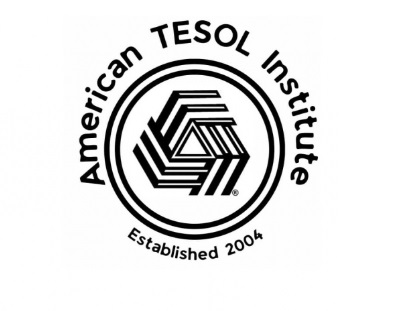Teaching Business English requires more than checking if students know the difference between “affect” and “effect.” True success means they can USE the language confidently in real-world professional situations. Let’s dive into assessment methods that go beyond traditional testing for both learners and ourselves as instructors.
Assessing Student Performance: A Multi-Faceted Approach
- Simulations & Role-Play:
- Get Immersive: Scenarios like mock negotiations, leading a meeting as the chair, or giving a presentation are more than a vocabulary test. This shows if they can apply skills in context.
- Observe & Give Feedback: Focus on clarity, appropriate formality, problem-solving language, and even nonverbal cues under pressure.
- Case Studies & Analysis:
- Real-World Relevance: Provide articles about a business issue, a company’s ethical dilemma, or a marketing campaign. Students analyze in writing OR discussions, using relevant vocabulary accurately.
- Beyond Right/Wrong: Assess critical thinking, ability to justify opinions persuasively, and culturally appropriate communication.
- Project-Based Assessment:
- Ditch the Textbook: Students research to create a business plan, design a website with persuasive copy, or write a professional email series to address a problem.
- Process Matters: Don’t just grade the final product. Check-in points ensure understanding along the way, allowing for intervention if they’re off course.
- Ongoing & Varied Feedback:
- Formal vs. Informal: Mix quizzes or short written tasks for basics with open-ended questions, peer feedback on drafts, and individual conferencing.
- Self-Assessment: Guide students to reflect on their work: What did they struggle with, where have they improved? This builds metacognitive awareness.
Assessing Our Own Teaching Effectiveness
- Student Success = Teacher Success: Are they meeting objectives outlined at the START of the course? Can they perform the real-world tasks specific to their needs?
- Feedback Loop: Anonymous surveys allow for honest input. What was engaging, what needs tweaking? Use this to refine the course, not take it personally.
- Beyond “Passing”: Did student confidence grow? Did they learn HOW to keep learning (finding reliable sources, etc.) relevant to their field? This shows we’ve done our job well.
- Reflective Practice: Keep a brief journal after lessons: What bombed and WHY? This sparks growth over time, not just recycling activities that have worked before.
Important Considerations:
- Individual Goals: A CEO has different needs than an HR assistant. Assessments should be tailored.
- Context is Key: Isolated grammar quizzes don’t predict success in actual business settings.
- Collaboration: If possible, partner with those in the business world to design authentic assessment tasks and even provide feedback.
Assessing Business English proficiency is an ongoing process. By using a variety of methods that measure not only language skills but also strategic thinking, adaptability, and professionalism, we track student progress while honing our own instructional strategies. This commitment to thoughtful assessment ensures that our learners gain the confidence and competence they need to thrive in the dynamic world of business communication.


